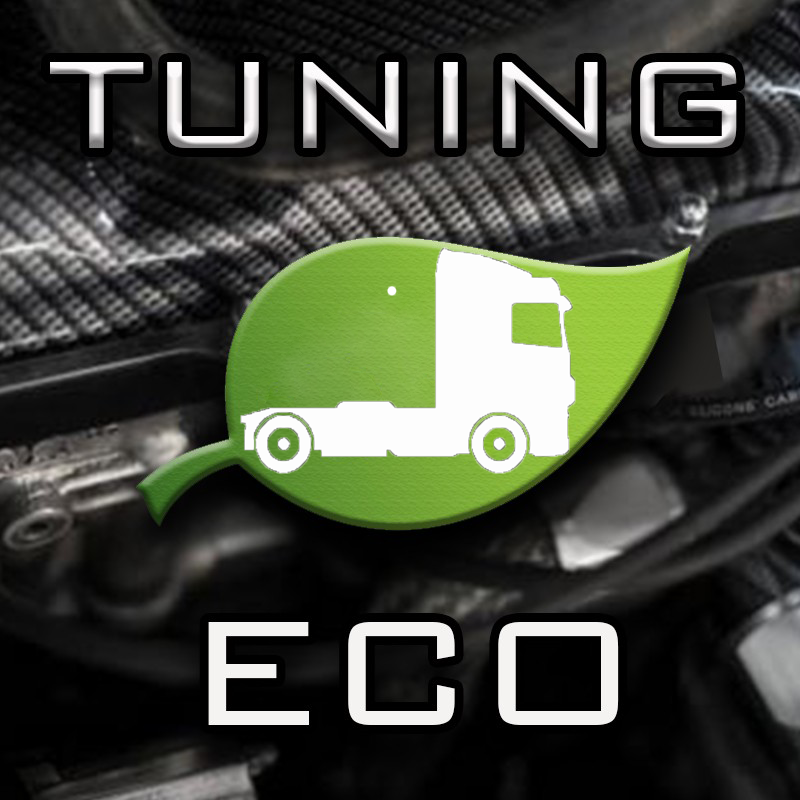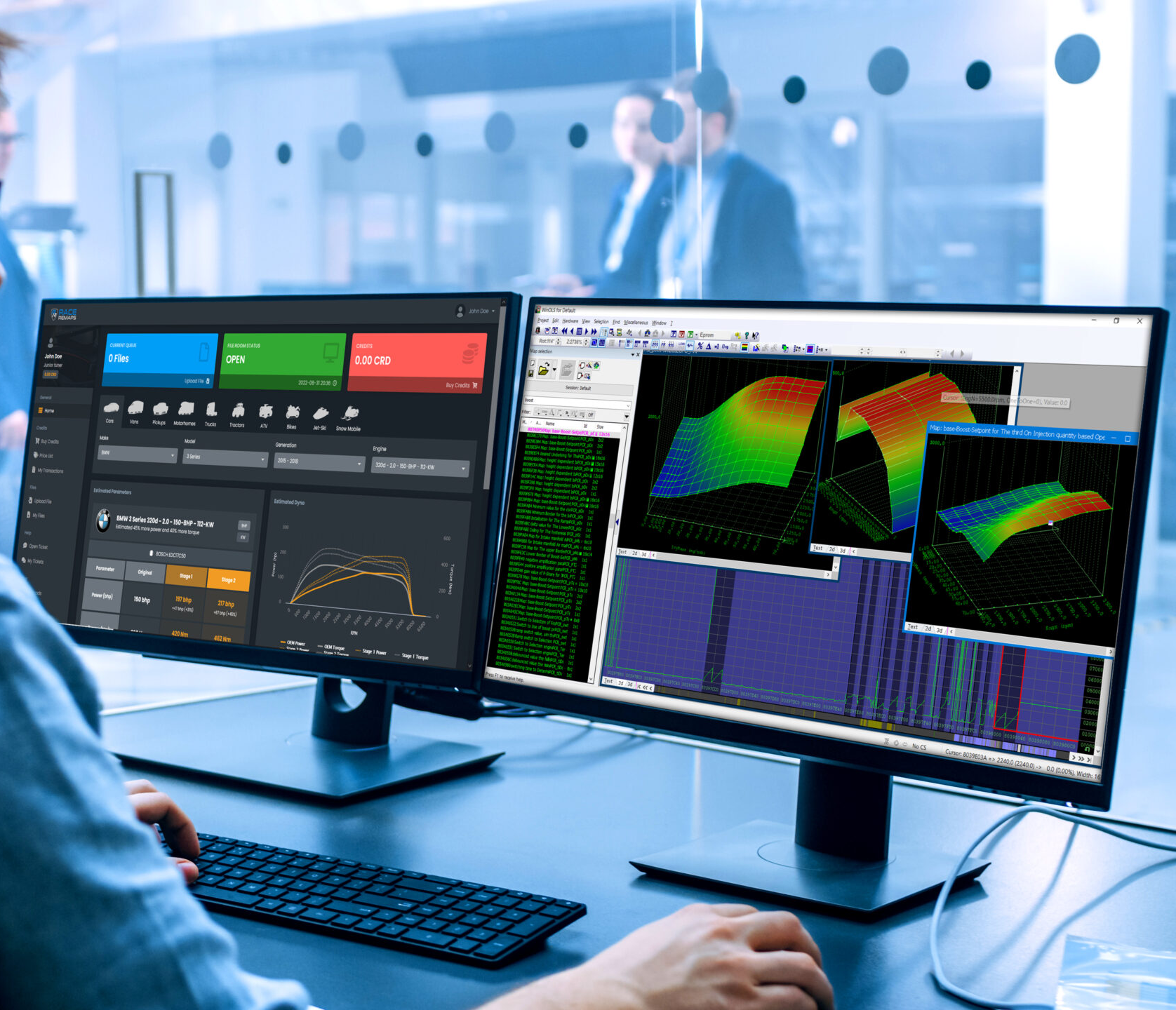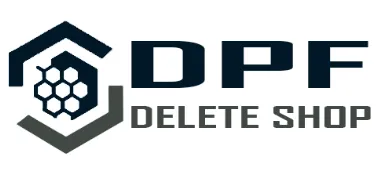SUPPORT 24/7
FUEL ECONOMY TUNING ON TRUCKS SERVICE
diesel solutions
DIESEL FUEL ECONOMY TUNING
FUEL ECONOMY TUNING IN DIESEL ENGINES
Fuel economy tuning in diesel engines refers to the optimization of engine performance to improve fuel efficiency and reduce emissions. The goal of fuel economy tuning is to maximize the energy output of the fuel while minimizing the amount of fuel consumed. This is accomplished through adjustments to the engine’s systems and components, such as the fuel injection system, the turbocharger, the air intake, and the exhaust.
The fuel injection system is one of the most critical components in diesel engines, and it can have a significant impact on fuel economy. The amount of fuel delivered to the engine, the timing of the injection, and the pressure of the fuel delivery all play a role in determining fuel efficiency. By fine-tuning the fuel injection system, technicians can optimize the engine’s performance and improve fuel efficiency.
The turbocharger is another component that can be adjusted to improve fuel economy. The turbocharger increases the amount of air that is drawn into the engine, which in turn increases engine power and efficiency. The turbocharger can be adjusted to increase or decrease boost pressure, depending on the desired result. By adjusting the turbocharger, technicians can optimize the engine’s performance and improve fuel efficiency.
The air intake system is another important component in diesel engines. The air intake system delivers air to the engine, which is then mixed with fuel to create combustion. By optimizing the air intake system, technicians can improve the engine’s performance and fuel efficiency. This can be achieved by installing a larger air filter, adjusting the air-to-fuel ratio, or modifying the air intake ducting.
Finally, the exhaust system can also be modified to improve fuel economy. By reducing backpressure in the exhaust system, technicians can increase engine efficiency and improve fuel efficiency. This can be achieved by installing larger exhaust pipes, using high-flow mufflers, or replacing the catalytic converter with a less restrictive unit.
In conclusion, fuel economy tuning in diesel engines is a complex process that involves adjustments to multiple engine components and systems. By optimizing these components, technicians can improve fuel efficiency, reduce emissions, and increase engine performance. Fuel economy tuning can be performed on new engines, as well as older engines, and it can have a significant impact on the overall fuel efficiency of a vehicle.


WHAT DOES REMAP THE ECM MEAN FOR FUEL ECONOMY IN DIESEL ENGINES?
A remap of the Engine Control Module (ECM) involves modifying the engine’s software to adjust its operating parameters for improved fuel economy and performance. ECM remapping is a common practice for diesel engines, and it involves reprogramming the ECM to optimize the engine’s performance and reduce fuel consumption.
The ECM is responsible for controlling various functions of the diesel engine, including fuel injection timing, air/fuel ratio, and turbocharger boost. By remapping the ECM, technicians can change the engine’s operating parameters to optimize fuel efficiency and reduce emissions. For example, by adjusting the fuel injection timing and pressure, the ECM can improve combustion efficiency and reduce fuel consumption.
Remapping the ECM can also improve the engine’s performance. By adjusting the air/fuel ratio, the ECM can optimize the engine’s power delivery, resulting in improved throttle response and acceleration. Additionally, by modifying the turbocharger boost, the ECM can increase engine power and efficiency, leading to improved driving experiences.
ECM remapping can be performed using specialized software and hardware tools. Technicians can connect a computer to the vehicle’s ECM and modify the engine’s software to adjust its operating parameters. ECM remapping is typically performed by experienced technicians who understand the complexities of diesel engines and the consequences of improper adjustments.
It’s important to note that ECM remapping can have negative consequences if not performed properly. Improper adjustments to the ECM can result in engine damage, decreased performance, and increased emissions. Furthermore, ECM remapping can also void the engine’s warranty and make the vehicle non-compliant with emissions regulations.
In conclusion, remapping the ECM for fuel economy in diesel engines involves modifying the engine’s software to optimize its performance and reduce fuel consumption. The ECM can be remapped to adjust the fuel injection system, air/fuel ratio, turbocharger, and overall engine performance. ECM remapping should only be performed by experienced technicians who understand the complexities of diesel engines and the consequences of improper adjustments.
DISCLAIMER FOR OFF-HIGHWAY TUNING
It is important to note that off-highway tuning, including DPF delete programming, is illegal in some areas and can void the manufacturer’s warranty. Off-highway tuning refers to modifications made to a vehicle that are not intended for use on public roads.
By installing off-highway tuning products, you are assuming all liability for the use of the vehicle and any resulting damages or injuries. These modifications may not comply with the laws and regulations in your area, and you could be subject to fines and penalties if caught using the vehicle on public roads.
Off-highway tuning products are intended for closed-course racing or off-road use only and are not legal for use on public roads. It is your responsibility to ensure that you are using these products in compliance with all applicable laws and regulations.
+51960362662
Location
LIMA,PERU
support@dpf-deleteshop.com
Store Hours
M-F: 8am – 5pm
S-S: 9am – 4pm
DPF | EGR | SCR Delete Service Enquiry
DPF Delete Shop
About Us
Disclaimer
Terms & Conditions
Links
Services
Privacy Policy
FAQs
Contact
support@dpf-deleteshop.com
+51960362662
PAYMENT AND SUPPORT


